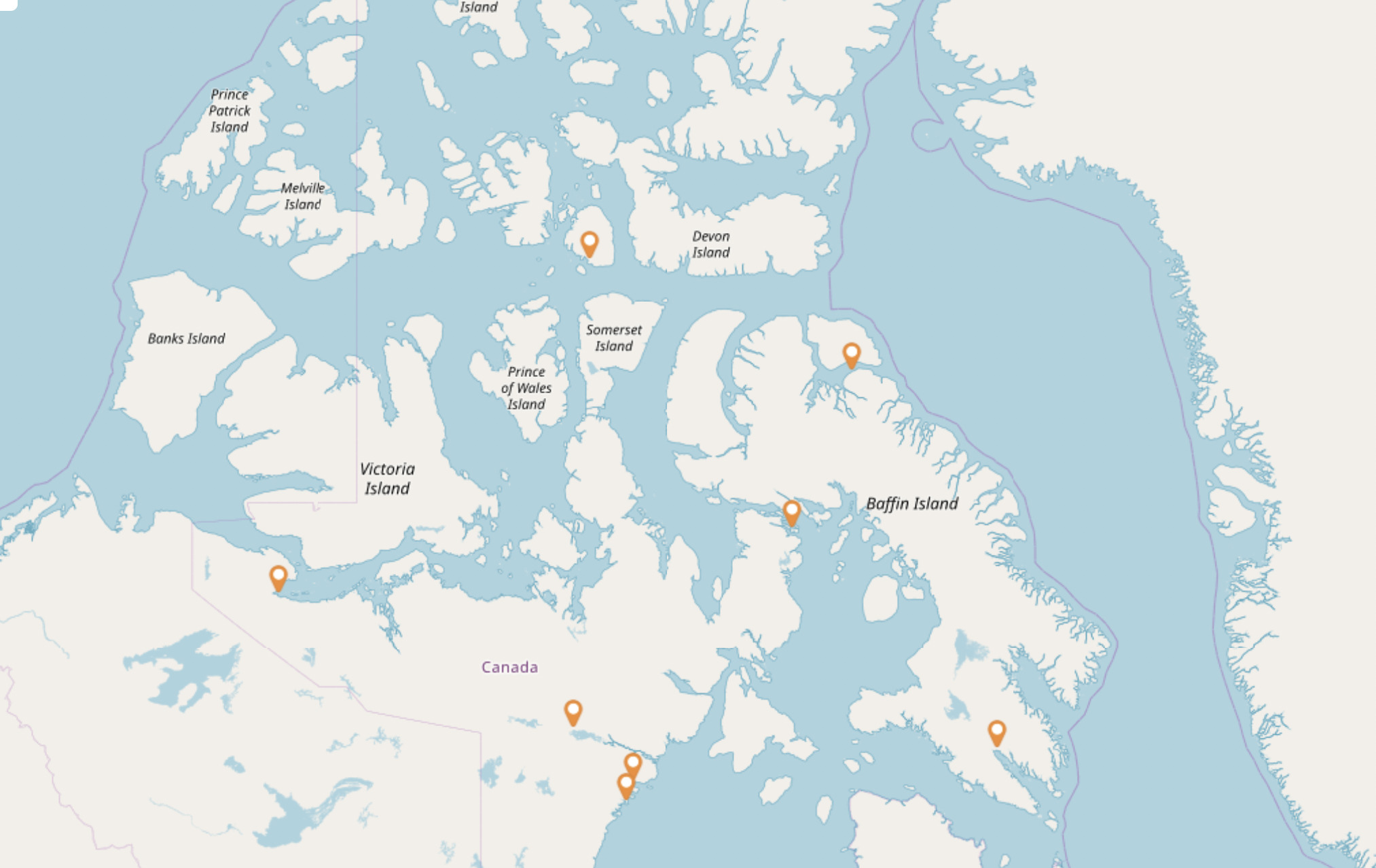Nunavut sees 5-year high for water advisories in 2021
Advisories have more than tripled since 2017 — without counting Iqaluit's water emergency.

Nunavut communities have seen a five-year high of water advisories in 2021, without counting Iqaluit’s ongoing water emergency.
As of Friday, about a month before the year’s end, 14 water advisories had been issued in seven communities outside of the capital city this year, more than tripling the four advisories issued in 2017.
Nunavut’s MP Lori Idlout spoke about the lack of clean water in Indigenous communities across Canada on Thursday.
“We Indigenous people can no longer be discounted or written off in hopes that we disappear,” she said in Inuktitut in the House of Commons.
“I know I have to keep repeating ‘clean water for all Indigenous communities,’” Idlout said. “This is not the first time and I will repeat it again.”
So far, there have only been five months without an active boil-water advisory somewhere in Nunavut this year.
The City of Iqaluit issues its water advisories itself, meaning it’s not included in the advisories tracked by the Government of Nunavut, said Danarae Sommerville, a spokesperson for the Department of Health.
Across Nunavut, numbers from 2019 came closest to this year’s rate of advisories with 10 issued. There were eight advisories in 2020 and five in 2018.
Igloolik residents couldn’t drink their tap water for five months this year, making them the community under an advisory for the longest period of time this year.
The advisory, which was put in place in Igloolik on July 12 because of high turbidity levels, was lifted on Nov. 8.
A four-month advisory — split up by a couple weeks without an advisory — in Baker Lake was lifted in September, after the better part of a summer without clean tap water.
In August, Sommerville said this is usually a seasonal issue that increases during spring ice break-up.
Over the last five years, advisories have been issued because of high turbidity levels, coliform levels and other infrastructure-related reasons, such as during transitions to opening new water treatment plants.
Maintenance and operational issues have also been the cause of advisories.
Clyde River residents were without clean water for most of November because of issues with a water pump.
In Iqaluit, hydrocarbon contaminants have made the tap water undrinkable for about two months so far.
Clyde River and Iqaluit have the only active water advisories in place as of Friday, Somerville said.